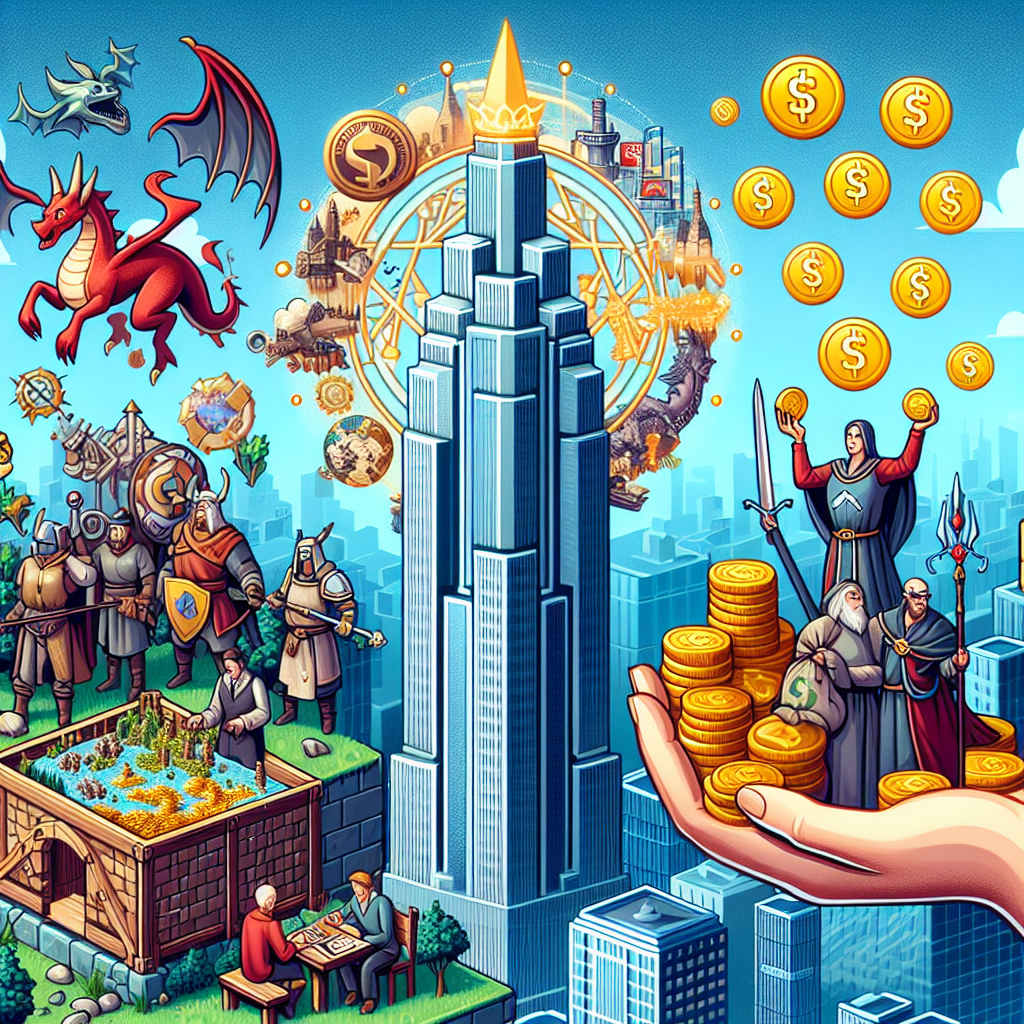Exploring the Secrets of Baldur’s Gate 3 and the Dark Urge Origin
The world of Baldur’s Gate 3 is brimming with mysteries and hidden dialogues that continue to surprise players even months after its release. Among the various origin stories available to players, the Dark Urge stands out with its unique customization options and a deeply written backstory. This character, unlike others, has lost their memories and harbors a sinister compulsion to commit murder in increasingly creative ways. This violent tendency is no random trait; it is the result of being a spawn of the god of murder, Bhaal, which justifies the character’s dark proclivities.
The Dark Urge’s Capitalistic Challenge
In a surprising twist within the narrative of Baldur’s Gate 3, the Dark Urge character faces an unexpected obstacle when they visit the Counting House. Here, they encounter the head clerk, Meadhoney, who presents a challenge far different from the usual combat encounters: a battle of wits and bureaucracy.
The Dark Urge asserts their claim to a family mansion, a legacy of their divine parentage, but Meadhoney counters with a demand for legal proof and the mundane realities of property ownership. The following table showcases the stark contrast between the Dark Urge’s claims of heritage and Meadhoney’s unyielding bureaucratic responses.
| Dark Urge’s Claim | Meadhoney’s Response |
|---|---|
| Asserting ownership as Bhaal’s progeny | Requesting legal documentation and proof of ownership |
| Claiming a mansion by right of blood | Inquiring about mansion taxes and legal responsibilities |
| Intimidation through divine ancestry | Witty retorts questioning the Dark Urge’s financial independence |
Meadhoney’s Fearless Stance
The encounter between the Dark Urge and Meadhoney raises questions about the clerk’s seemingly fearless attitude. Despite the Dark Urge’s intimidating revelation of their lineage to the god of murder, Meadhoney remains unfazed. This could be due to several reasons:
- Meadhoney might be ignorant of Bhaal’s identity and the significance of the Dark Urge’s claim.
- He could be aware of Bhaal but skeptical of the Dark Urge’s assertion of being the deity’s offspring without proper evidence.
- Alternatively, Meadhoney might not fear Bhaal at all, suggesting a level of confidence or protection that is quite alarming.
These possibilities paint a picture of a man who either doesn’t know what he’s dealing with, doesn’t believe the claims presented to him, or is so secure in his own position that he doesn’t fear the wrath of a god.
Capitalism’s Power in Baldur’s Gate 3
The interaction at the Counting House in Baldur’s Gate 3 underscores a recurring theme in the game: the formidable power of capitalism. The concept of ‘Waukeen’s wage’, the hefty sum of 10,000 gold, is a direct reference to the deity of wealth and trade, Waukeen. This suggests that Meadhoney could be under the divine protection of a goddess who presides over the very essence of commerce and financial transactions.
Inheriting the temple associated with the Dark Urge’s claim comes with its own set of financial burdens, including the debts of the previous owner, Orin. This twist in the narrative serves as a reminder that even in a world filled with gods and monsters, economic realities hold significant sway. As players navigate the complexities of property ownership and taxation, they are reminded that sometimes, the pen can be mightier than the sword—or in this case, the ledger mightier than the legacy.

